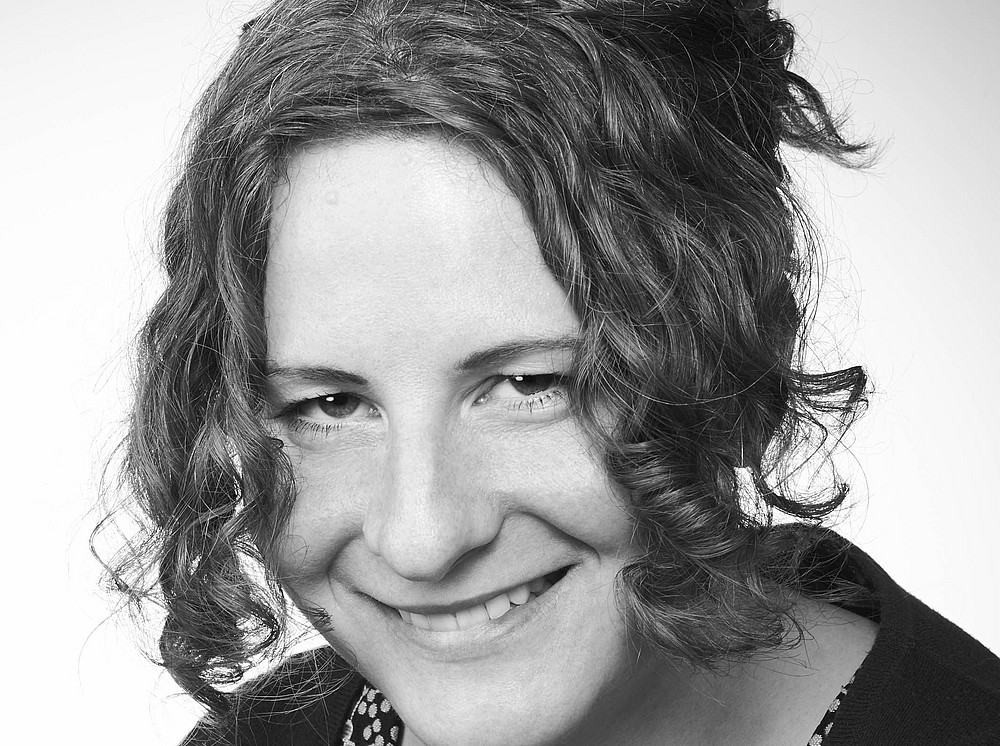Guest at the Center for Jewish Studies
Our visiting professors in conversation
Dr. Martina Niedhammer (visiting professor in the winter semester 2023/2024)
What are you currently working on in your research?
I am currently writing a book that deals with "small" languages in Europe in the 19th and early 20th centuries from a cultural-historical perspective. By "small" languages, I mean languages that were dominated by "big" languages from the point of view of their speakers, i.e. languages that lacked acceptance and prestige, but often also lacked a binding grammatical standard. I am particularly interested in the strategies that language activists chose to help "their" language gain more attention. One possibility was to enter into alliances with representatives of other "small" languages, a phenomenon that we can observe at times, for example, among Yiddish- and Belarusian-speaking, but also Ukrainian-speaking actors. In the case of Yiddish, these alliances also point to the many points of contact and similarities between Jewish and non-Jewish language movements.

What is particularly important to you in your teaching as a visiting professor?
Intensive discussions with students and the opportunity to work on topics in an interdisciplinary way are particularly important to me. Unfortunately, the latter in particular is often neglected in teaching, for example because it cannot be covered in standard curricula. The cultural-historical orientation of the Center for Jewish Studies, which unites various approaches and subjects under one roof, offers an ideal framework for this. In my seminar on Jewish food cultures in Central Europe, I was not only able to conduct an intensive historical study of sources in Jewish cookbooks and handwritten recipe collections together with the students. Literary texts and images, but above all questions and methods that the students brought with them from their studies in cultural anthropology or religious studies, for example, also played a role. In the end, the seminar (meal) plan even included a practical examination of the concept of "kosher style"...
What do you like about Graz as a university location?
The central location in the middle of the historic old town is wonderful. Important places in everyday university life are within walking distance, and there are even company bicycles with the university logo. I also liked the fact that you get a little insight into what's going on at other departements and centers via central services such as the weekly newsletter. This reinforces the feeling of researching and working in a common place.